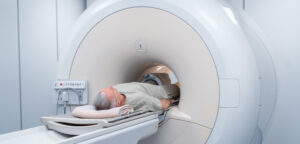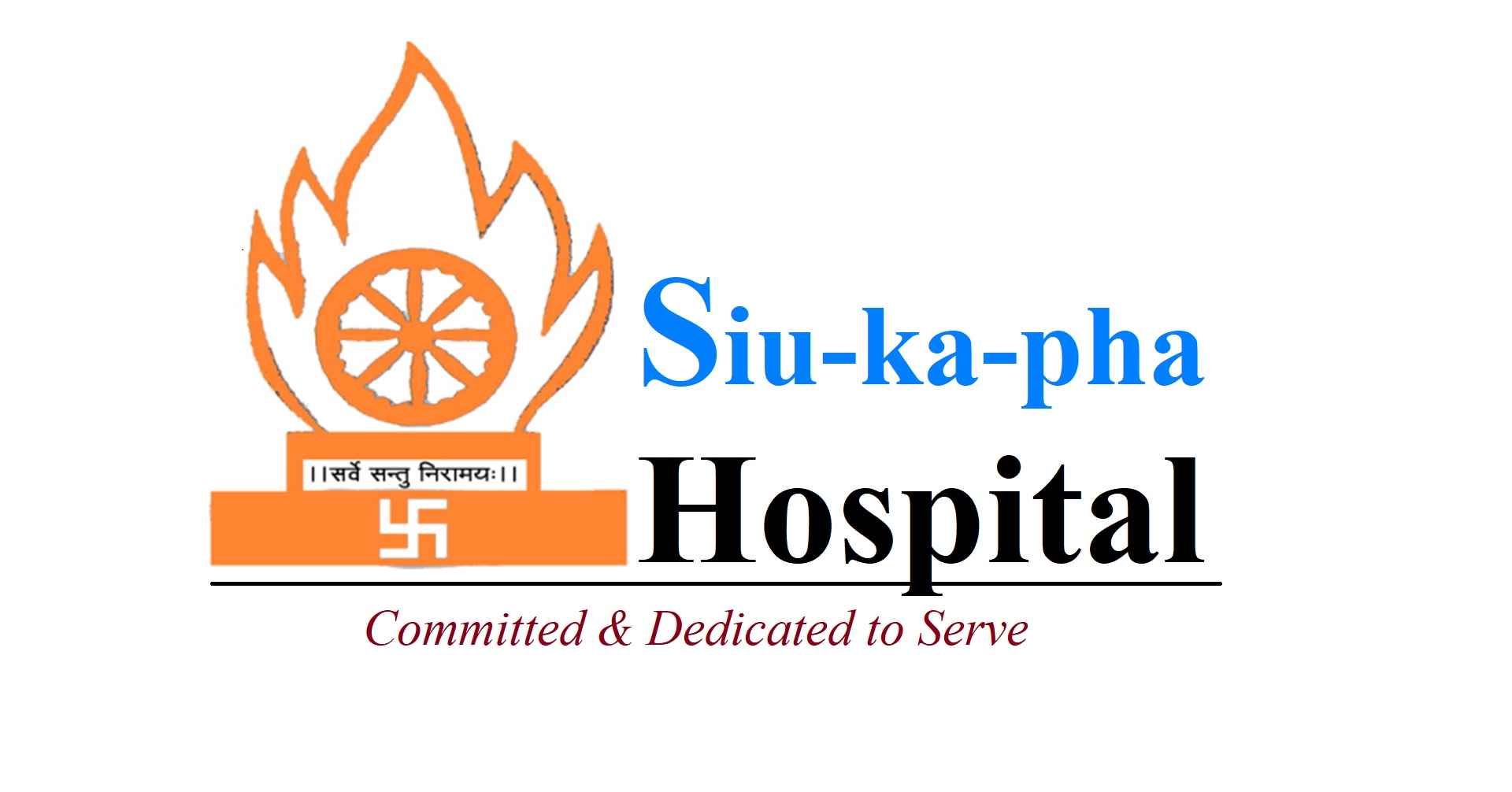CT Scan
A computerized tomography (CT or CAT) scan is a type of medical imaging that uses X-rays to create detailed three-dimensional images of the body’s internal organs and structures. It is commonly used to detect and diagnose multiple different medical conditions, such as heart disease, cancer, and other medical problems. It is also used to guide the placement of medical devices, such as catheters, during procedures. CT scans are non-invasive, painless, and often complete in about 30 minutes.
During a CT scan, a person lies down in a large X-ray machine called a CT scanner. This CT scan machine takes several X-ray images of the body from different angles. Then the scanner sends images to a computer. This is a safe procedure and has very low radiation.
Advanced CT Scan
Advanced CT scans, also known as multi-slice CT scans, are a type of medical imaging that can produce high-resolution images of the body’s internal organs and structures. Advanced CT scans use multiple X-ray beams to create an even more detailed and accurate picture than standard CT scans. They are commonly used to diagnose numerous medical conditions, including cancer, heart disease, stroke, and other medical problems. Advanced CT scans are fast, safe, and non-invasive that usually take between 10 and 30 minutes to complete.
Helical Multi-Slice CT Scans are a type of medical imaging that uses X-rays to create detailed three-dimensional images of the body’s internal organs and structures. A helical multi-slice CT scan combines multiple X-ray beams with a spiral scanning technique to create an even more detailed and accurate picture than standard CT scans. Helical multi-slice CT scans detect and diagnose different medical conditions, such as cancer, heart disease, stroke, and other medical problems. This type of scan is usually painless, non-invasive, and usually takes between 10 and 30 minutes to complete

The common uses of a CT Scan
The doctors use CT scans for the following:
- Pinpoint the Tumors, infections, or blood clots
- Diagnose muscle and bone fractures or bone tumors
- Detect internal bleeding and internal injuries
- Detect and monitor cancer development, heart disease, lung nodules, and liver masses
- response to treatment
Siu-Ka-Pha Multispeciality Hospital is well-equipped with modern technology, world-class facilities, and Highly qualified doctors. We at Siu-Ka-Pha provide the best CT scan services with less radiation exposure. We ensure quality healthcare services are accessible to all, considering the safety guidelines for patient comfort.
For more details, request an Appointment at Siu-ka-Pha Hospital!
FAQ's
Radiology is a medical specialty that uses imaging techniques such as X-rays, CT scans, MRIs, and ultrasounds to produce detailed pictures of the inside of the body. These images are used to diagnose and treat various medical conditions. Radiologists are medical doctors who specialize in interpreting and analyzing these images to help diagnose and treat patients. Radiology plays an important role in modern medicine and is used in a wide range of healthcare settings, including hospitals, clinics, and diagnostic imaging centers.
During a radiology appointment, you will be asked to lie on a table while the radiologist or technologist performs the imaging exam. You may be asked to hold your breath or remain still for a short period to produce clear images. The exam is typically painless and takes only a few minutes to complete.
Radiology is generally considered safe. Most imaging techniques use low levels of radiation and do not have any known long-term side effects. However, if you are pregnant or have any concerns about the safety of a particular exam, be sure to discuss them with your doctor.
At Siu-Ka-Pha Multispeciality hospital in Assam, preparation for a radiology examination depends on the specific exam you are having. Your doctor or the radiology department will provide you with specific instructions on how to prepare. In general, you may be asked to wear loose-fitting clothing and avoid eating or drinking anything for a certain period before the exam. You should also inform the radiologist or technologist of any medications you are taking and if you have any allergies






















 Call Us
Call Us Book Appiontment
Book Appiontment